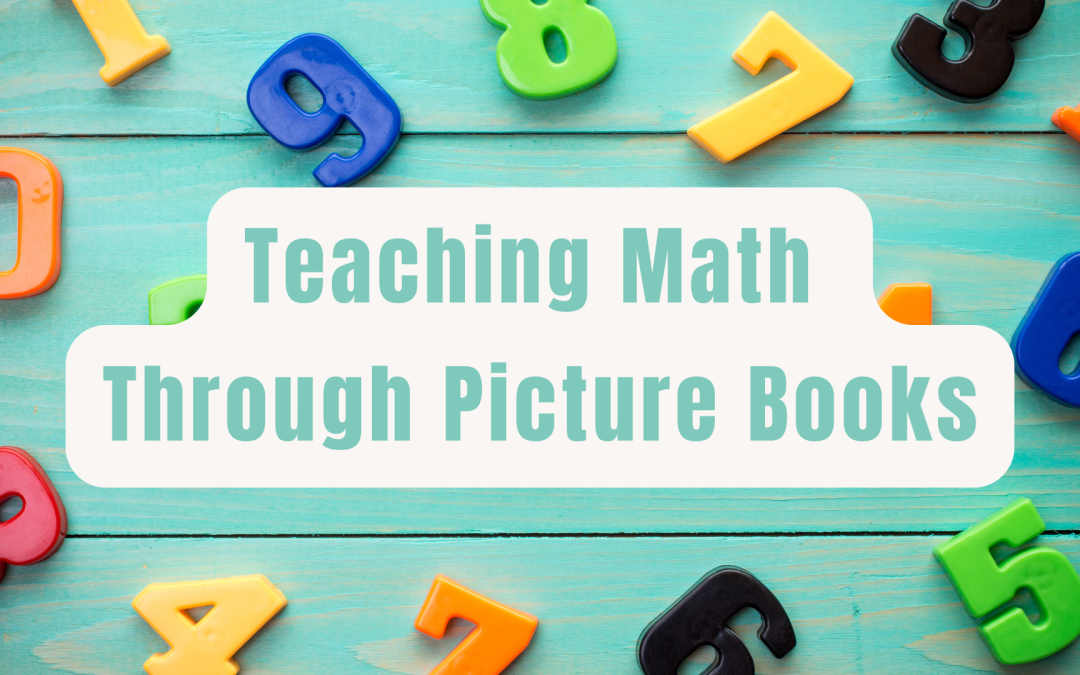Ask any parent about the most difficult subject to teach and it will be math, hands down! Children of any age struggle frequently with understanding math and remembering all the equations, fractions, and geometry that comes with it. When your younger children struggle to understand, it can be hard figuring out the best way to reach them. Surprisingly enough, picture books can be a way for your child to learn math more easily.
The Power of Pictures
Of course, most school books will have fractions and other basic mathematical questions written out so your child can see what is needed to answer (like, 2 + 2 for example). But if they are still learning their numbers and see questions that need answers outright, it can be intimidating and they can get stressed easily. Having some number games and more dialogue-based equations can help aid them in figuring out the answer quickly (like two apples + two apples). The written words can help guide them through the question and help them see the question, which can help kickstart their brain into an answer.
Making It Fun
Picture books make the math more fun by creating stories and characters that require basic math to help them on their journey. It easily hooks kids into wanting to help the characters and gets them doing math without even realizing it! They can follow along with the pictures to see the visuals better with actual pictures of the objects, as well as feeling included on what needs to be solved. Children love characters, whether they are in books or on TV, and will of course gravitate towards the material.
Variety to Help Any Child!
The books themselves can vary in what they teach. Some teach the basics like addition and subtraction, while others can teach counting and even telling time with a traditional clock! There are no specific books in general, but you can see which ones are available to help your kids with their specific math challenges. Many of the books also use rhymes as a method of learning, to help kids better remember how to do math and figure out equations, which is a win-win!
Katie Kyzivat
